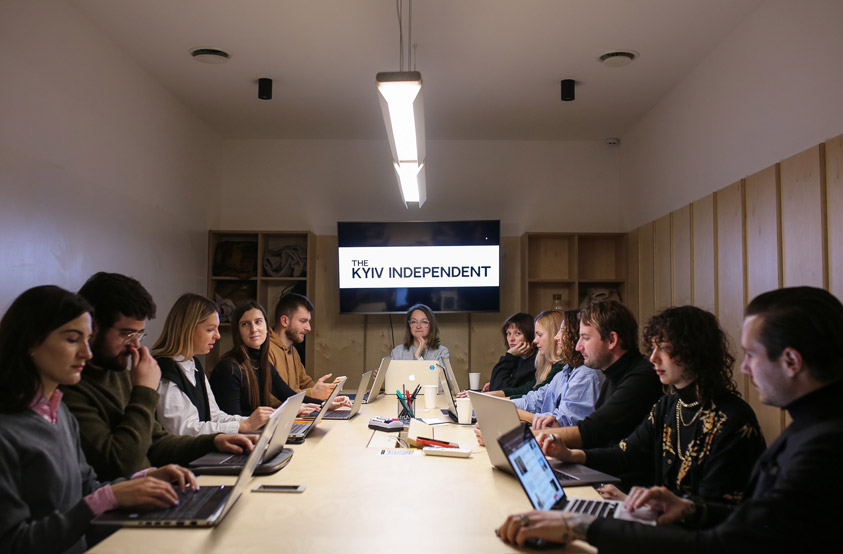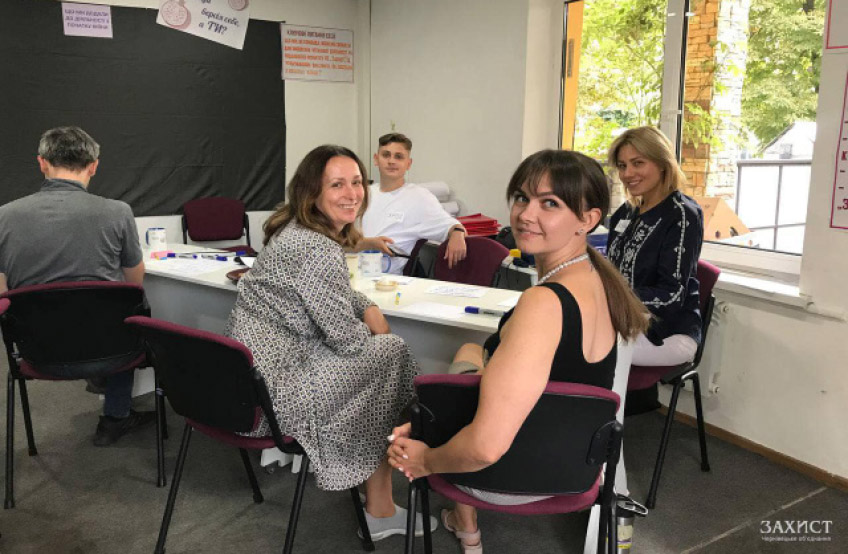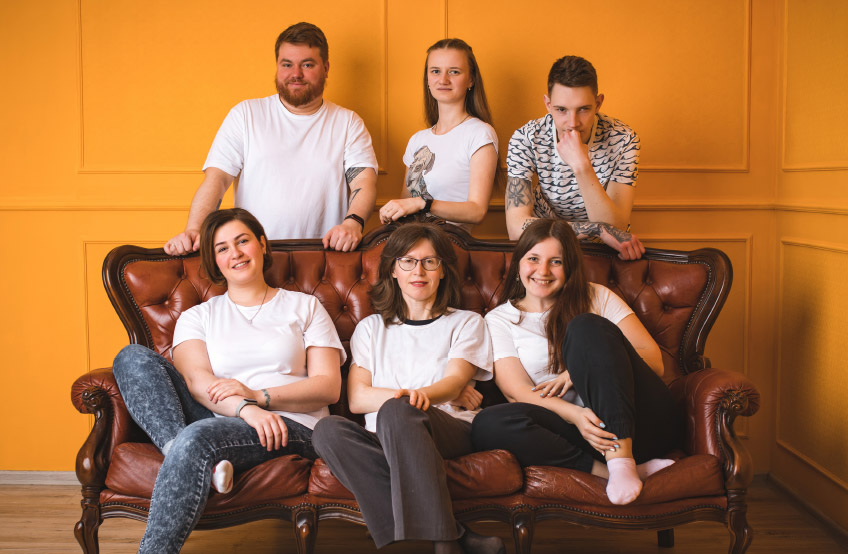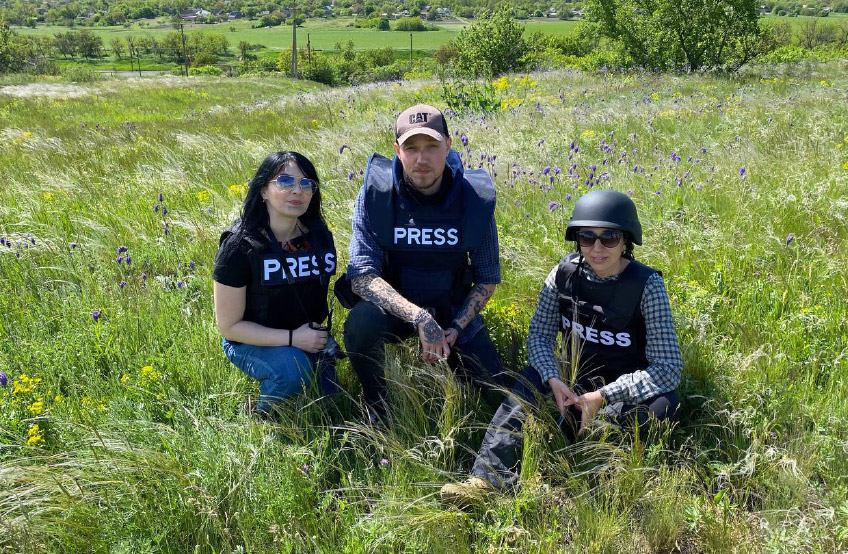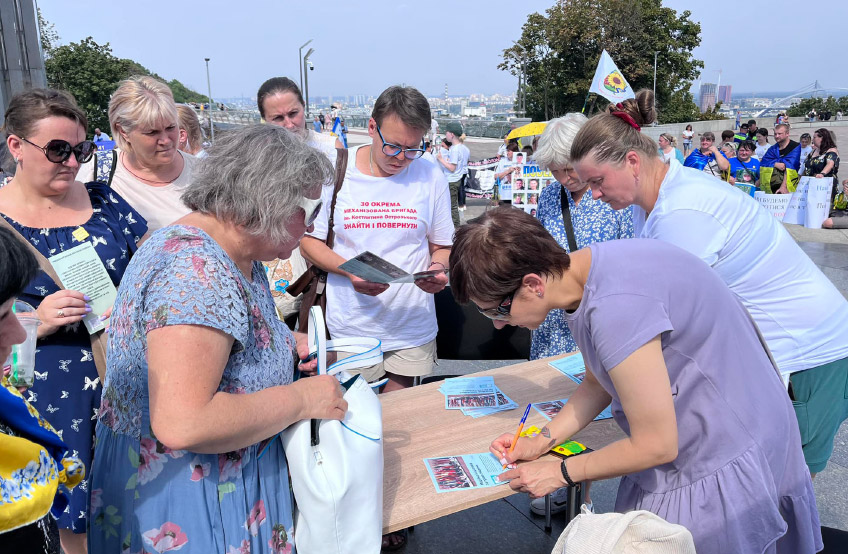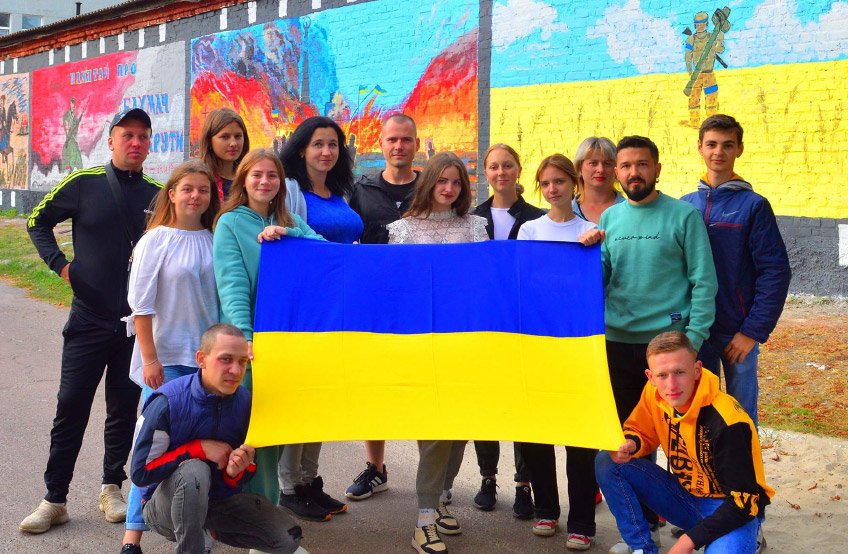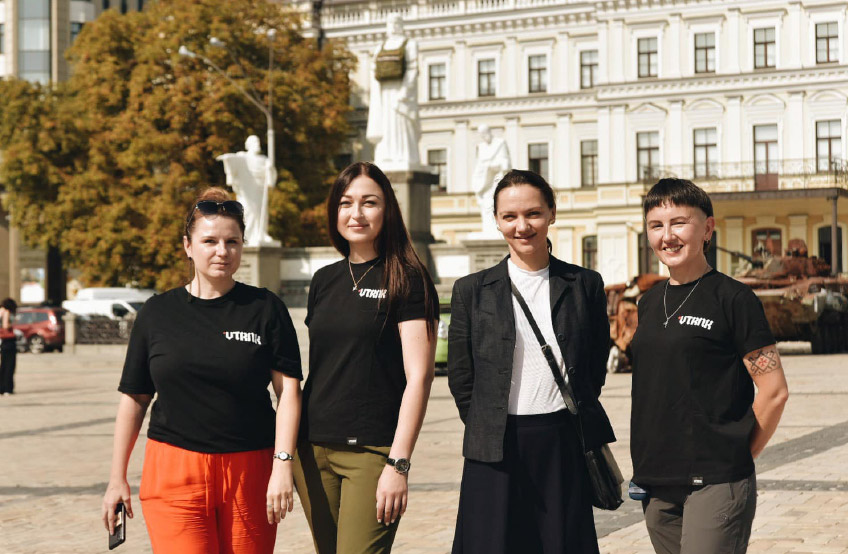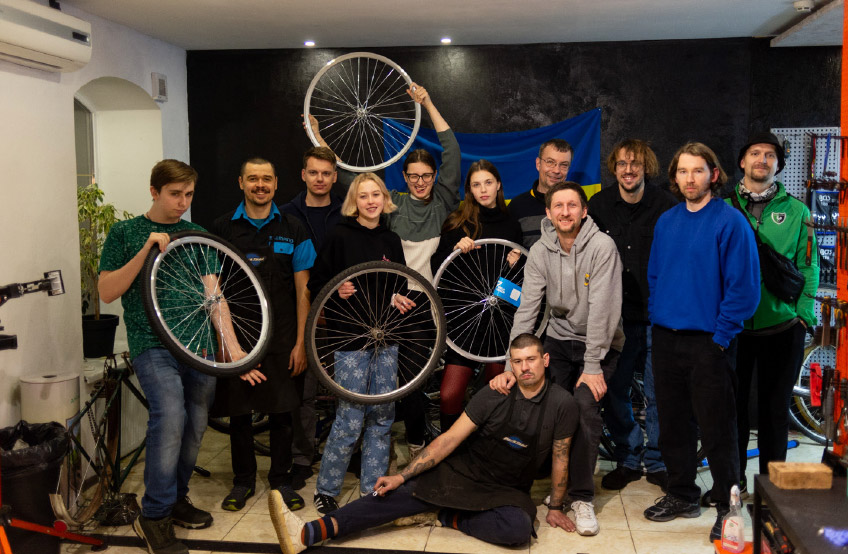WOMEN-LED INITIATIVES IN UKRAINE
Women at the centre of civil society’s response to the full-scale war
Since the start of the full-scale Russian invasion, women have emerged as civil society leaders in greater numbers. Women leaders are heading civil society organisations and independent media outlets, which include many EED partners. Women represent the majority of the highly educated and skilled workforce in Ukraine, and they are well positioned to drive Ukraine’s reform agenda, strengthen anti-corruption measures, and push for transparency and accountability in political processes. They are determined to play a central role in Ukraine’s recovery and reconstruction.



